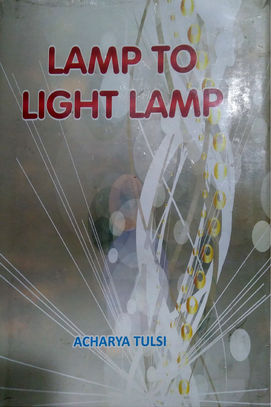Mahatma Gandhi was such a great person that almost all Indian people bow to him with sincere reverence. He was not a saint who renounced the world, but the lustre of his renunciation can be found in Indian tradition of saints. That was the reason why the poet Rabindranath Tagore had addressed him as the Mahatma (the great soul), the glorious tales of his tapasya echo in all directions. He has been the object of reverence for not only the Indian people but for human beings all over the world.
In his mind which was inspired by the desire of well-being of the people, there was no room for distinction on the basis of community, caste or cult. He was a staunch opponent of untouchability. The layers of time cannot ever conceal all his attempts to bring the downtrodden and untouchable people who were completely segregated from society in line with higher castes. He dread of universal brotherhood to raise the levels of human life. He adopted the path of hard struggle to bridge the narrowing the gulf between human beings on the basis of community and caste. That is why he has left behind him his reputation as a great man, a man of the age and a great visionary.
Mahatma Gandhi was a man who liked to experiment. He experimented in his personal life. He experimented for the sake of society and the country. He made widespread use of the word, Harijan, for the Dalits.
The greatest tragedy of the present age is that every individual, every principle, every activity is given a political colour. It is not necessary-that everyone should be in agreement with someone else with regard to his ideas and experiments. Each individual is free to have his own ideas. But that does not mean that when someone's thinking does not agree with our thinking, we start slinging mud at him. Our disagreement can be expressed in a civilised language. But is it proper to resort to the use of abusive language?
If someone hates the light of the sun, he may well close his eyes. But what would be the result of throwing dust at the sun? In the same way, if someone does not approve of some action of a great man, he should do something better and show his worth. If one is not capable of drawing a long line, what purpose would it serve to erase the small line?
We have no intention of joining any party—the party in power or the party in opposition. We have no relation with any particular party. If we take an objective view, we should say that showing such disrespect for such a rare personality like Mahatma Gandhi shows poverty of thinking. I cannot understand what crime he had committed. It is a strange irony of the age that the actions done in the interest of people's welfare are being subjected to controversy by using words of abuse. It seems to me that this is only the evil trait of time, which provokes an act without any sense of discretion. Whatever one may do, the sun cannot be hidden by our palms. Gandhi's actions can never be wiped out.
 Acharya Tulsi
Acharya Tulsi
